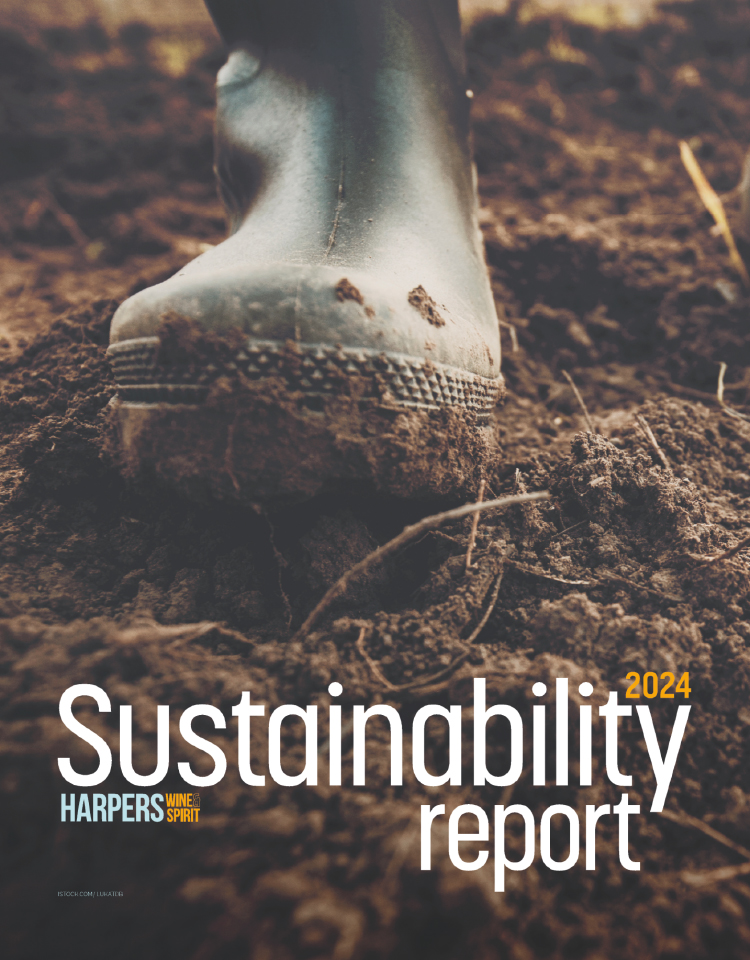
Grocery sales impacted as traditional shopping behaviour returns
Shoppers are returning to stores to make regular, smaller purchases and a divide is beginning to emerge among online grocery shoppers, new grocery data has revealed.
The data, from Kantar, has shed light on the ever-changing shopping habits of British consumers as the yo-yoing restrictions of the past year come to a close.
Now that businesses are able to trade restriction-free, Kantar says that British consumers have been steadily returning to pre-pandemic shopping habits, making smaller but more frequent trips to the shops, which has had a knock-on effect on sales (-4% during the 12 weeks to 8 August 2021 compared to 2020).
Online has been impacted, too. Just over 20% of households bought groceries online in the latest four weeks, the lowest level since October last year.
Fraser McKevitt, head of retail and consumer insight at Kantar said: “In the past month grocery sales were just 0.5% lower than this time last year, the best four week ending market performance since April. In monetary terms at least, we seem to be in a similar place to 12 months ago, but if we dig deeper into the data we can see that our shopping habits are actually very different. With the end of social distancing restrictions people have been happier to head into stores to make more regular, smaller shops. Consumers made an extra 108,000 shopping trips this month, while average basket sizes were 10% smaller.
Online has also been affected. “Take up of online grocery shopping grew rapidly during the pandemic, but as lockdown restrictions have loosened a divide is beginning to emerge. Those who have come to love the convenience of an online shop are sticking with it, ordering regularly and spending on average more than two-thirds of their total grocery bill online. But the unconverted are starting to drop away, preferring to get back to store instead. Just over 20% of the population bought groceries online in the latest four weeks, the lowest level we’ve seen since October last year, while the share of grocery sales made online now stands at 13%, down from a peak of 15.4% in February,” McKevitt explained.
While sales at the grocers fell by 4% in the three months to 8 August, sales are still up on 2019 however, showing the impact of the pandemic on spending.
Grocery sales remain 9.9% higher in the latest 12 weeks than in 2019.
These trends can be seen playing out at Ocado, where a shift away from online compared to last year has contributed to the retailer’s sales falling by 0.7%, its first decline on record. However, Ocado’s growth is now “comparing against the rapid expansion it enjoyed in 2020 so it’s not altogether surprising that we’re now seeing a small dip,” says McKevitt. “It’s still a positive outlook for the online specialist. Ocado has retained 1.8% of total grocery sales, the same as last year, and sales are up by 44.4% compared with 2019, the fastest two-year growth in the market.”
McKevitt also notes that inflation is on the rise however, which could lead to a trend of shoppers seeking to “tighten the purse strings and save where they can”.
Over the past four weeks, inflation has grown by 0.4%. “Although relatively low, this four-week level of inflation would still add £19 to the average household’s annual grocery bill. It’s expected that inflation will rise again in the coming months,” he said.
Keywords:
- Online
- sales
- Inflation
- year
- shopping
- shopping habits
- last year
- last
- 4%
- weeks
- 12 weeks
- Grocery
- Grocery Sales
- smaller
- latest 12
- bought groceries online
- october last year
- population bought groceries
- total grocery bill
- grocery bill online







